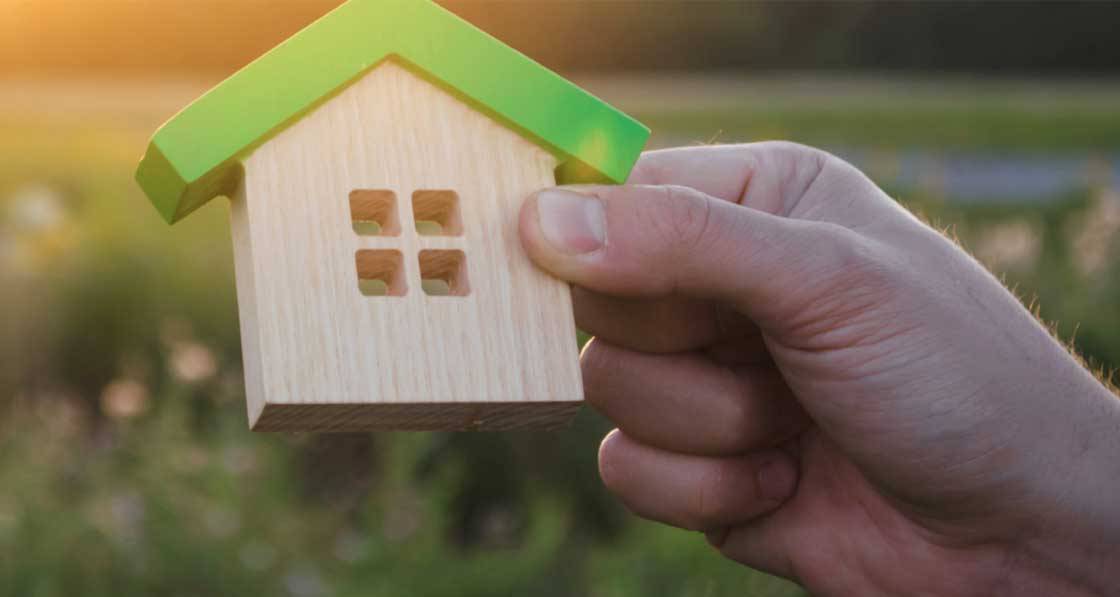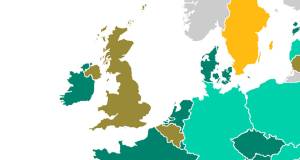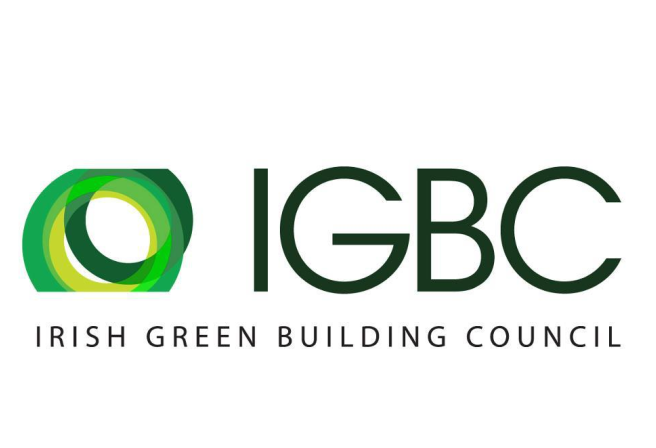
 Marion Jamet
Marion Jamet
- Blogs
- Posted
How to scale up energy renovation
This article was originally published in issue 38 of Passive House Plus magazine. Want immediate access to all back issues and exclusive extra content? Click here to subscribe for as little as €10, or click here to receive the next issue free of charge
Buildings are one of the biggest contributors to climate change in Europe and account for 36 per cent of CO2 emissions. In Ireland, 1.5 million buildings are energy inefficient and must be retrofitted by 2050. The Climate Action Plan set the ambitious target to retrofit half a million homes to a building energy rating (BER) of B2 by 2030.
This is almost six homes being retrofitted every hour for the next ten years. It represents a significant jump from current low levels of deep renovation. Last year, approximately seven homes a day were retrofitted to that standard. The decarbonisation of the existing building stock presents enormous challenges and requires mobilising forces at all levels towards this goal.
Driving change locally: the role of local authorities
Quality data on the impact of retrofit programmes (including their wider benefits) is critical to ensure targets are reached and reduction in CO2 emissions is delivered. It is also key to support decision-making. In 2017, the Irish Green Building Council (IGBC), alongside other green building councils, tried to source data on the impact of energy renovation programmes across Europe. The aim was to identify best-practice and programmes that should be replicated. Within weeks it became clear very little data was available and that this data wasn't captured in a standardised way.
To address this issue, the IGBC is working with local, national and European stakeholders to develop an Energy Renovation Framework. This framework allows local authorities to track and measure the impact of their renovation programmes. It covers a wide range of indicators, from energy efficiency to CO2 emissions, indoor air quality, fuel poverty and jobs creation.
Thirty-two European local authorities are currently testing out how measuring the holistic benefits of energy renovation can help in addressing climate change. In Ireland, the framework is being tested by Dublin City Council, while Cork City Council, and Kilkenny and Laois County Councils, are providing additional feedback.
When launched, the framework will allow local authorities to better identify and share successful retrofit initiatives. Better quantifying the impacts of retrofit programmes will also help local authorities make a better business case for scaling-investment in these programmes. Finally, local authorities will be able to use this quality data on the co-benefit of energy renovation to better engage with citizens and support the renovation wave. If used at scale, the framework can help to raise awareness in society about the benefits of energy renovation and make it more desirable.
Enabling energy renovation: the role of one-stop-shops
To increase the depth and rate of energy renovation, retrofit must also be made easier and more affordable. Homeowners who want to retrofit often do not know what to do or where to start.
Over the last few years, the IGBC has researched tools to support homeowners in their renovation journey. In 2020, with SEAI support, we piloted a building renovation passport on 20 single-family dwellings across Ireland. Building renovation passports are a new concept in Europe. They provide homeowners with a clear plan to improve their home. If a homeowner doesn’t have the money to do all the work now, they can do it bit by bit in a way that works towards an end goal of a very energy efficient and comfortable home.
To increase trust in the outcomes of energy renovation, the IGBC, in partnership with Limerick Institute of Technology, has also worked on recommendations on how and why a register of energy renovation advisors should be set up. The aim is to have network of skilled, trusted and independent local intermediaries who can support homeowners at all stages of the retrofit journey.
Based on this work, and after extensive stakeholder engagement, the IGBC is proposing a digital platform and marketplace to connect homeowners with end-to-end services. The first phase of development will be a website for retrofit to be launched in September. It will provide homeowners with information on the renovation potential of their dwelling, including a building renovation passport. It will also include information on grants and finance available, as well as a register of energy renovation advisors. The objective is bridging the gap between a technical supply side and complex customer demand side to create a clear customer proposition. This should be based on high quality retrofit, at an affordable price, with seamless delivery.
Building capacity within the industry
To facilitate energy renovation upskilling the IGBC has launched the Build Up Skills Advisor app. Through the app, building professionals and construction workers can identify energy renovation training courses that suit their needs in one click. Webinars on high quality renovations are also available on the Irish Green Building Council's learning hub.
To further support upskilling, the IGBC is developing a “training clause” to be used in public tenders. Training clauses allow buyers to require companies winning NZEB projects (new build and retrofit) to train their staff (construction workers and site supervisors) in energy efficiency. This type of clause is currently in use in northern France, where it has led to significant improvement in quality. The clause will be piloted in Ireland in late 2021.
The Energy Renovation Framework will be launched at the IGBC’s annual renovation conference on Friday, 15 October. For further information on the Framework, the retrofit platform or training courses, please visit www.igbc.ie or contact This email address is being protected from spambots. You need JavaScript enabled to view it.





